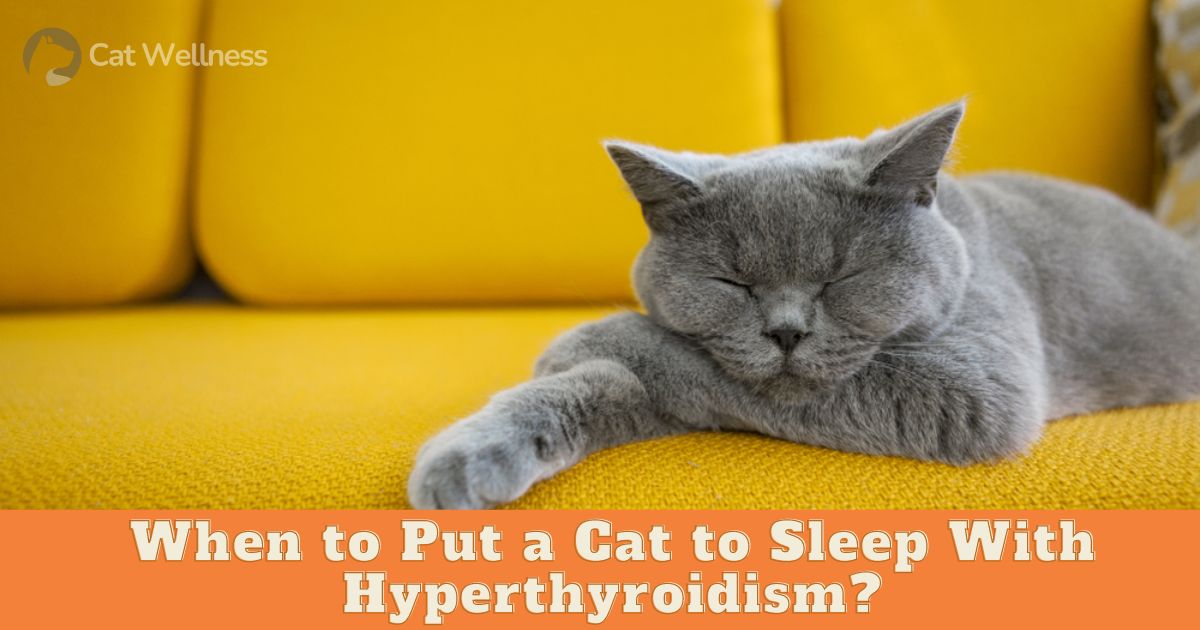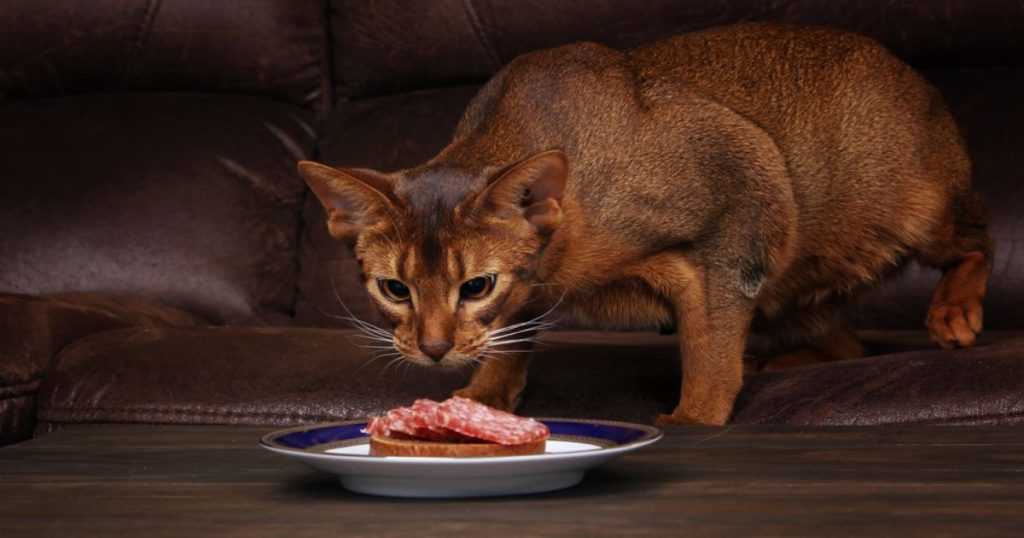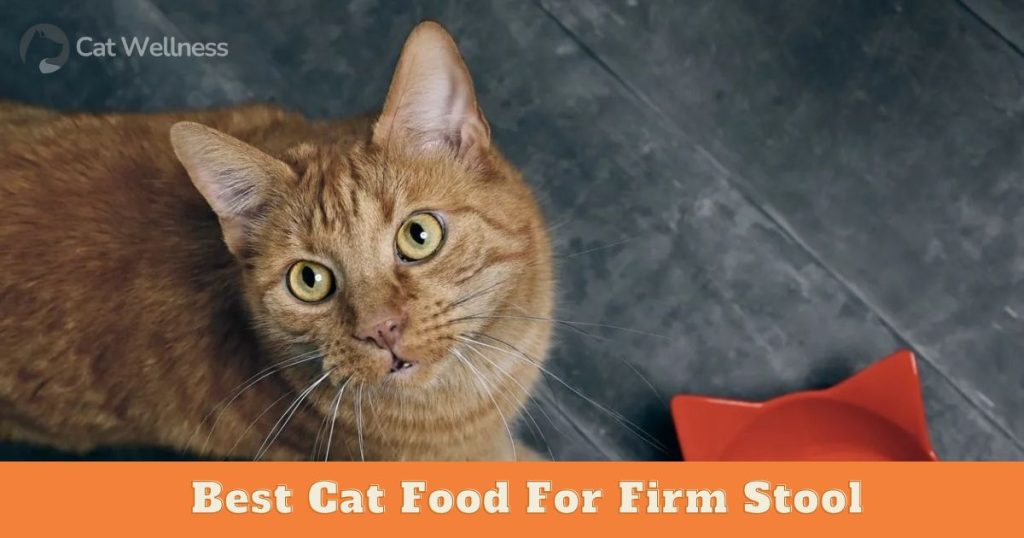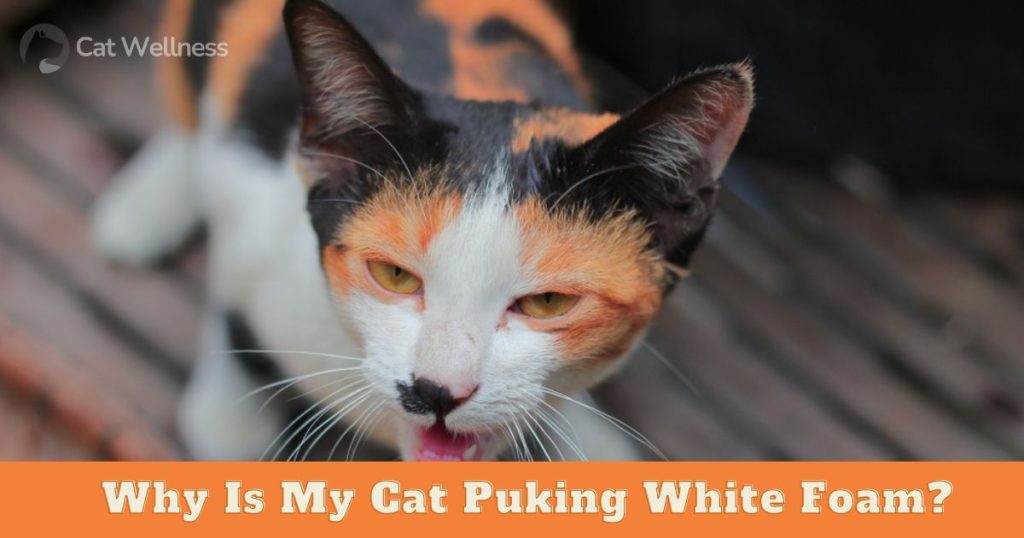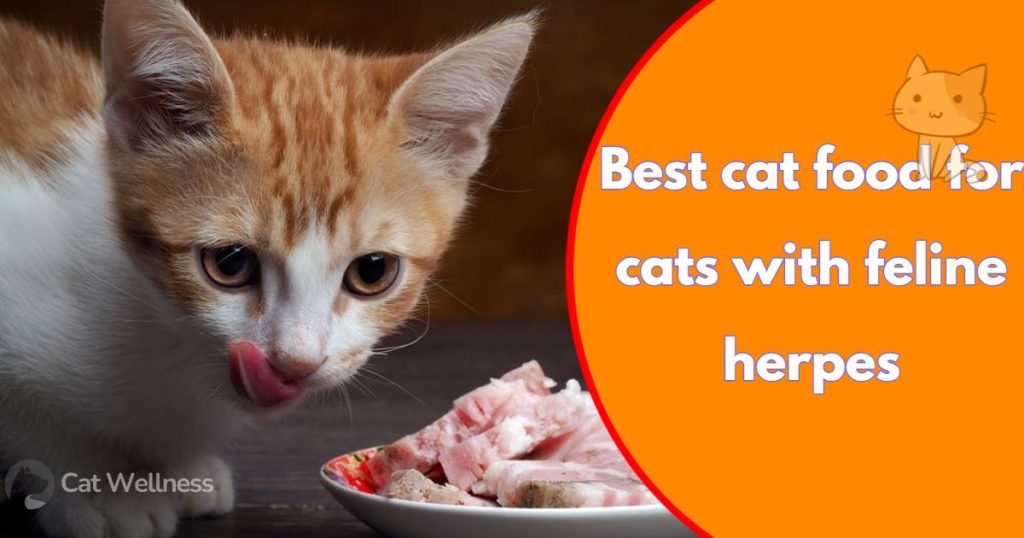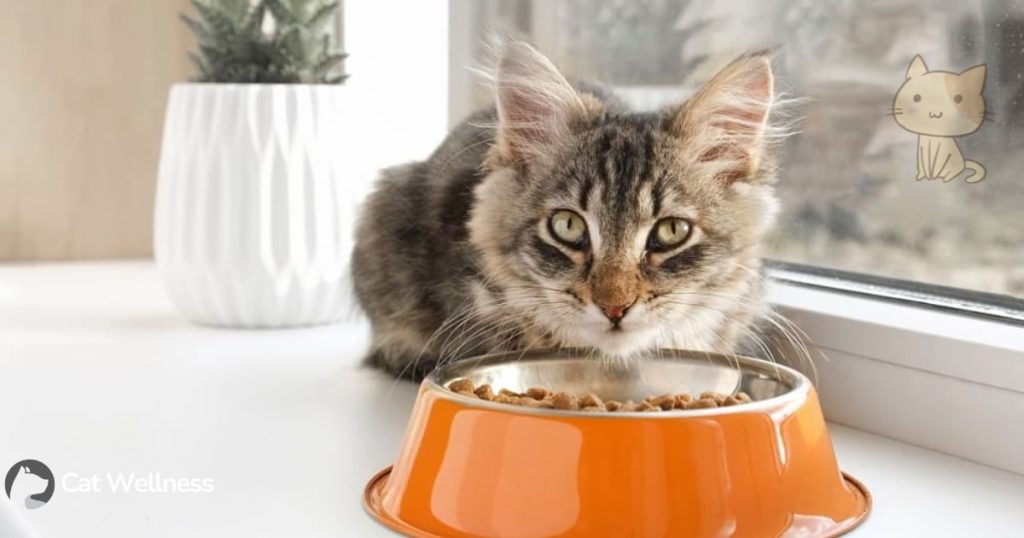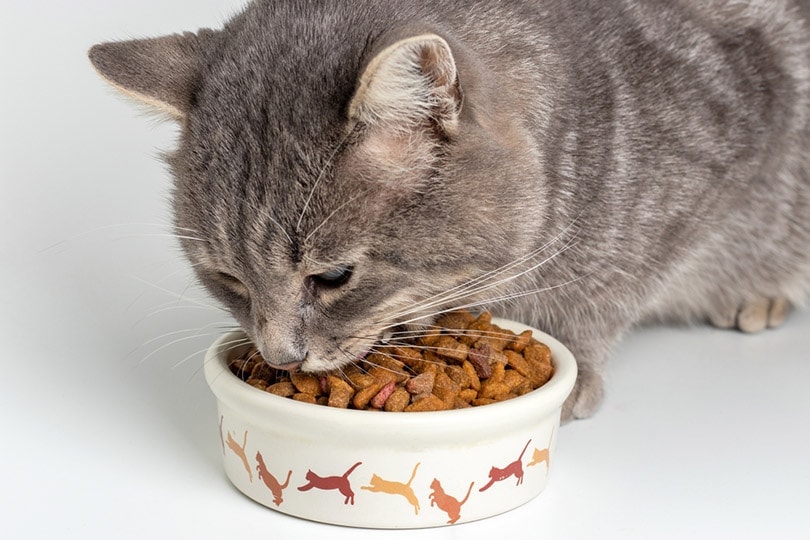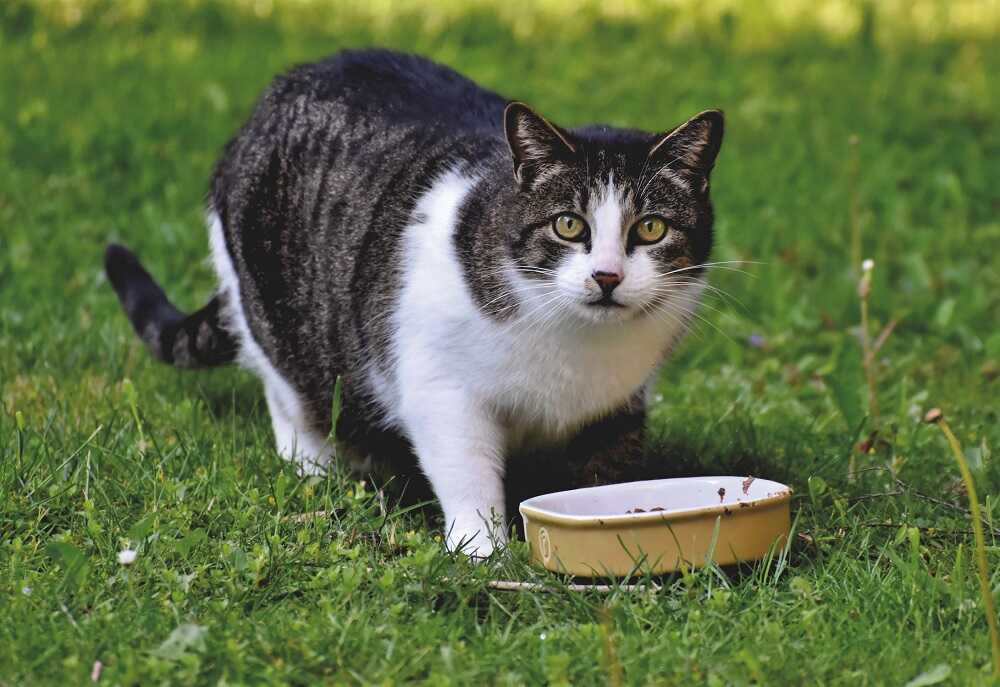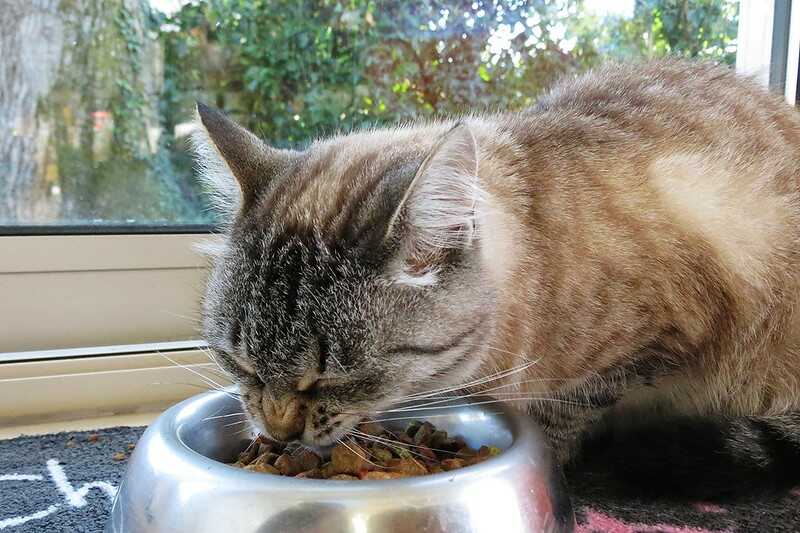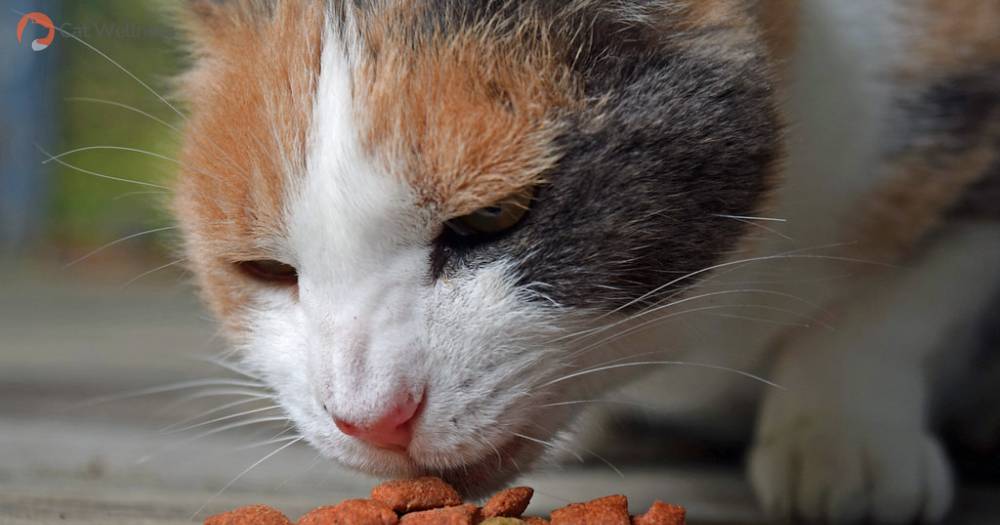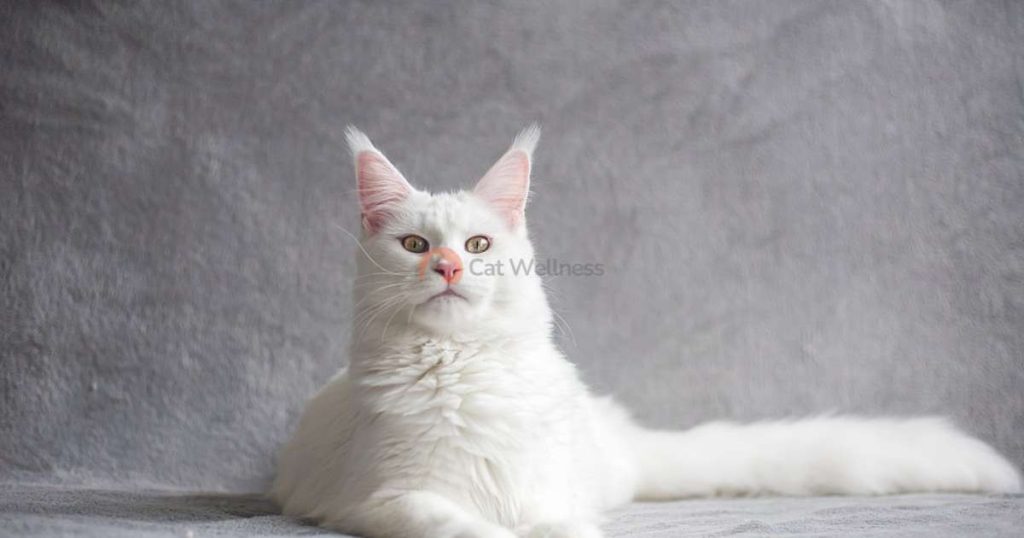When a cherished animal companion receives a diagnosis of hyperthyroidism, determining the appropriate time for euthanasia can be challenging. Hyperthyroidism results from an excessively active thyroid gland, resulting in various discomforting and inconvenient symptoms for the affected cat.
Find yourself grappling with deciding when to put a cat to sleep with hyperthyroidism. This article will guide you in making the most compassionate choice for your beloved furry companion.
What is Hyperthyroidism?
Before discussing the decision to euthanise a cat with hyperthyroidism, let’s first delve into understanding hyperthyroidism in felines.

Hyperthyroidism, as mentioned earlier, arises from an overly active thyroid gland. This leads to an excessive production of the hormone thyroxine in the body. Additionally, hyperthyroidism can be triggered by a thyroid gland tumour or by consuming foods with high iodine levels. While this may not initially appear concerning, the surplus hormone can result in various issues for your cat.
The most prevalent symptom of hyperthyroidism is weight loss, even when your cat maintains regular food intake. This occurs because the body consumes energy faster than it can be replenished. Consequently, your cat might exhibit increased restlessness and difficulty sleeping.
Furthermore, hyperthyroidism can induce heightened appetite. Your cat may exhibit more frequent food requests or appear insatiably hungry. Nonetheless, despite eating more, they will continue to lose weight. Excessive thirst and urination also constitute common hyperthyroidism symptoms.
The kidneys must work extra hard to eliminate the surplus hormone, potentially leading to dehydration. Consequently, your cat may consume more water than usual and urinate more frequently.
Hyperthyroidism can also lead to vomiting and diarrhea, occasionally accompanied by blood in the vomit. Diarrhea may also be bloody in some instances.
Lastly, hyperthyroidism can cause behavioural changes. Your cat might appear more aggressive, anxious, or noisy than usual. They may also begin urinating outside the litter box.
Periods of Hyperthyroidism Progression in Cats
Hyperthyroidism in cats can be categorised into three primary stages:
- Mild Stage: During this initial stage, symptoms are subtle and may easily go unnoticed. Cats might exhibit increased water consumption, more frequent urination, and slight weight loss.
- Moderate Stage: As the condition progresses to the moderate stage, symptoms become more evident. Cats may experience significant weight loss, frequent vomiting, and episodes of diarrhea. They might also begin urinating outside their litter box.
- Severe Stage: In the advanced or severe stage, symptoms become severe and pose a grave risk to the cat’s life. Cats may lose weight, exhibit blood in their vomit and diarrhea, and display extreme lethargy and difficulty walking.
If you observe any of these signs in your cat, seeking prompt veterinary care for a proper diagnosis is crucial. Hyperthyroidism is a serious ailment that can prove fatal if left untreated.
How Is Hyperthyroidism Managed in Cats?
When to euthanise a cat with hyperthyroidism also depends on the chosen treatment method.
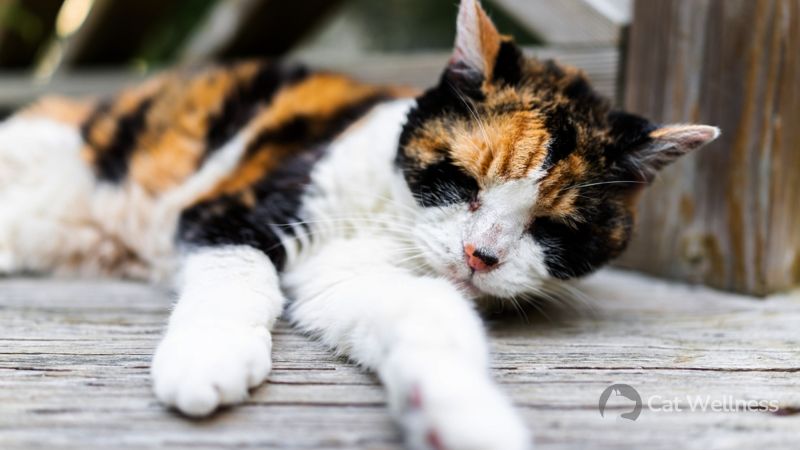
There are several treatment options available for hyperthyroidism. The most frequently employed one involves medication, which can regulate the thyroid gland and alleviate symptoms. Typically administered orally or through injections, most cats will require lifelong medication.
Surgery
Surgery may be necessary to remove the overactive thyroid gland in certain instances. This is usually considered when the gland is enlarged or cancerous.
Another treatment option is radiation therapy, which employs high-energy waves to destroy the overactive thyroid cells. This choice is typically explored when other treatments have proven ineffective.
Can surgery offer a permanent cure for hyperthyroidism in cats? The answer hinges on the root cause of the hyperthyroidism. Surgery can provide a cure if the cause is benign (non-cancerous), like an overactive thyroid gland.
However, if the cause is cancerous, surgery may only temporarily relieve symptoms. In either case, consulting with your veterinarian is crucial to determine your cat’s most appropriate treatment path.
Medications
- Various medications can be employed to manage hyperthyroidism in cats, with the most common ones being.
- Methimazole (Tapazole) is the prevailing choice for treating cat hyperthyroidism. It operates by inhibiting the production of thyroid hormone.
- Propylthiouracil (PTU): This medication functions similarly to methimazole but is less commonly used.
- Radioactive iodine: This treatment entails administering a small amount of radioactivity to your cat, which helps shrink the thyroid gland.
When to Put a Cat to Sleep with Hyperthyroidism?
Wondering about the timing for euthanising a cat dealing with hyperthyroidism? Several factors should be taken into account when contemplating the decision to put a hyperthyroid cat to sleep.
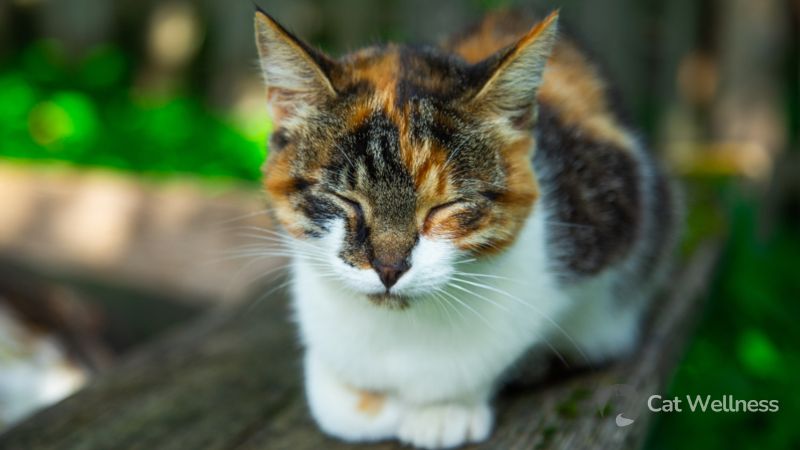
Firstly, the severity of the cat’s symptoms should be evaluated. If the cat is enduring pain or experiencing other health issues due to hyperthyroidism, euthanasia might be the most compassionate choice.
Secondly, it’s essential to recognise that hyperthyroidism typically necessitates lifelong treatment, which can be financially demanding. If you find it impractical or unaffordable to commit to this responsibility, euthanasia could be the most appropriate alternative.
Lastly, there are instances where cats do not respond positively to treatment, leading to a significant decline in their quality of life. In such cases, euthanasia might be the most humane course of action.
Hyperthyroidism is a grave condition that can significantly affect your cat’s overall well-being. Occasionally, euthanasia may be considered when the condition has progressed to an advanced stage and other treatment options have proven ineffective.
If you are contemplating euthanising your cat, it is crucial to discuss with your veterinarian first. They can guide you to help you make the best decision for your cat’s health and overall welfare.
FAQs
Can hyperthyroidism be cured in cats?
Hyperthyroidism can often be managed effectively with treatment, but it is usually not “cured” in the traditional sense. Most treatments aim to control the condition and maintain a cat’s quality of life.
Should I consult my veterinarian before deciding on a hyperthyroid cat?
Yes, consulting with your veterinarian is crucial when considering euthanasia. They can assess your cat’s condition, discuss treatment options, and help you make an informed decision based on your cat’s circumstances.
Can hyperthyroidism be prevented in cats?
Hyperthyroidism in cats is often age-related and not preventable. However, regular veterinary check-ups can help detect the condition early, improving the chances of successful treatment.
What is the typical life expectancy of a cat with hyperthyroidism?
With appropriate treatment and management, many cats with hyperthyroidism can live several years and enjoy a good quality of life. Life expectancy varies depending on the cat’s overall health and response to treatment.
Are there any alternative treatments for hyperthyroidism in cats?
While some pet owners suggest alternative treatments and holistic approaches, consulting with a veterinarian before trying any of them is crucial. These methods should be considered supplementary to conventional medical treatments, not as replacements.
Conclusion
In short, we covered the question, When to put a cat to sleep with hyperthyroidism?
If your cat exhibits any hyperthyroidism symptoms, it’s crucial to bring them to the vet for an assessment. There are various treatment possibilities to consider, although, in certain instances, euthanasia may be the most compassionate choice.
We appreciate your time spent reading our blog post about the appropriate circumstances for considering euthanasia for a cat with hyperthyroidism, and we trust that you found the information beneficial.
Recommended Reading

